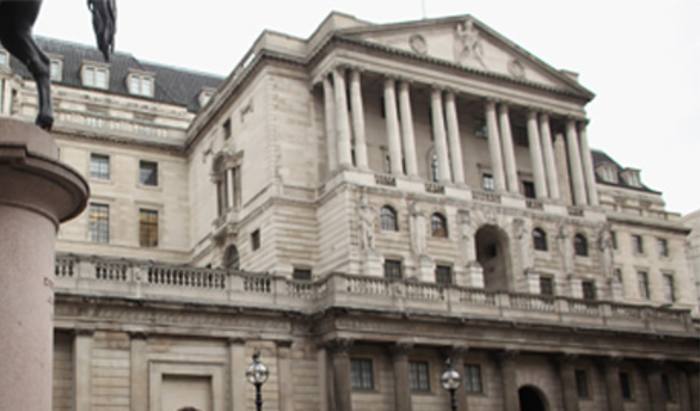
The Bank of England has drastically changed tack in its view of the UK economy, citing worries about a global economic slowdown and Brexit.
The nine members of the monetary policy committee of the central bank voted to leave interest rates unchanged at 0.75 per cent, but added that the “entrenched uncertainty” in the economy meant “domestically generated inflationary pressure” was lower.
The most recent data for the UK showed a steep drop in UK inflation, to 1.7 per cent, from the previous 2.1 per cent, and below the 2 per cent which is the central bank’s target.
Inflation is a function of one of two factors, either the level of demand in the economy is rising at a much faster rate than the level of the increase of the supply of goods and services in the economy, causing prices to rise, or the price of goods and services rising because the cost of bringing them to market rises.
The collapse in the value of sterling in recent weeks pushes up the cost of bringing goods to market, so should be inflationary but the fact inflation fell indicates demand for goods and services has fallen, which is negative for economic growth.
The Bank of England’s long standing view on interest rates is that they would rise gradually and to a limited extent. But in the minutes of its latest meeting, released today, the MPC said: “The longer the uncertainties persist, particularly in an environment of weaker global growth, the likelier it is that demand growth will remain below potential, increasing excess supply in the economy.”
The central bank’s view is that if this happens, the inflation caused by domestic demand will be weak, and so rates would not need to rise. The US and European Central Banks have recently cut interest rates as they fear a global economic slowdown, and cutting rates is intended to boost domestic demand.
In both of those economies, inflation is below target, and so doesn’t have to be a consideration.
The MPC repeated its view that interest rates could either rise or fall in the event of a no-deal Brexit.
If there is no deal, then the likelihood is that the value of sterling would fall, which would create the type of inflation that comes from an increase in the costs of bringing goods to market. The effect of this is to make goods more expensive, and reduce economic growth.
If the Bank of England respond to the higher inflation by putting rates up, this would weaken demand further but if it responds by cutting rates to encourage spending, this could push inflation higher, making goods more expensive.
This is the phenomenon known as stagflation.
Melanie Baker, senior economist at Royal London Asset Management said: “In contrast to central banks in the US and euro area, the Bank of England continue to keep interest rates on hold. But this pre-Brexit inaction should not be mistaken for a policy freeze.





